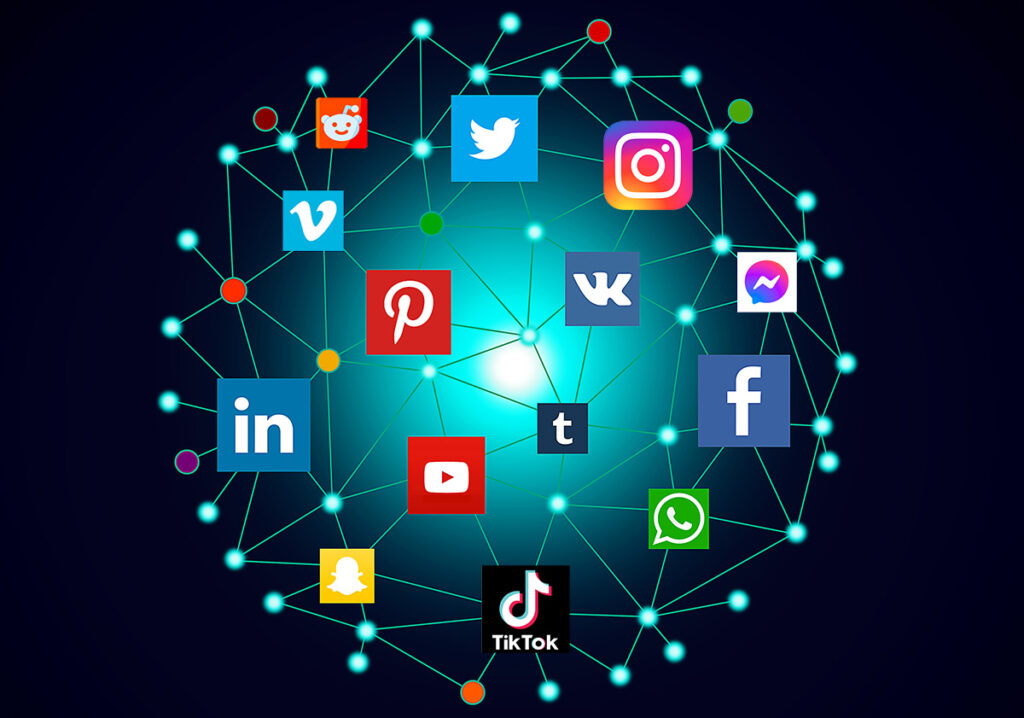Should you call someone an “Idiot” on social media? Should you explain things to trolls? Why aren’t people nice to strangers (especially when we can’t see their face)?
Some of these thoughts might seem rude, or as one person commented under a post of mine: “this is why people dislike you”, but insulting/mocking is not – at all – the point.
The point is recount and clarify common and repeated issues… and – at least for me – to try and make sense of them. This might be useful for others.
Social Media are great tools of communication. They create unlikely connections and enable interactions on a scale unimaginable before them… Yet, many people insist that they have negative effects…
Being a tool / a weapon / they are only as bad as their user.
This post lists some thoughts about that, and about specific experiences.

Motivations & Explanations on Social Media
Confidence & Stupidity
Sadly, these two are more closely related than they should be. As with everything, the more limited someone’s perspective, the more likely they are to think that this perspective is the world.
Giving people a platform is great… traditionally, confident ignorant people annoyed their neighbors… now they have access to the masses, where they might – for a variety of reasons – find supporters (anything can find supporters). This makes the ignorance-confidence bigger.
Disrespect & Identities
It is very easy for people to be rude online. This can be for any reason, including the fact that their identity is hidden, if they think they are being authentic, or just as an expression of any security.
Tolerating this is a subjective choice. We need to remember though that people who hide behind false identities to abuse others are both cowardly and insincere.

Arguments & Confusion
Many people are confused and scared. They can’t tolerate ideas that might shatter their (closed-off) belief systems. They become parrots that repeat certain lines endlessly.
This can cause confusion and contaminate messages being communicated. I think that people should try their best to protect their message on social media, and part of that protection is to remove the weeds.
Example: The incident of the iPhone idiot
I posted something about the social processes involved in the production of science to expand on some thoughts in Fuzzy on the Dark Side. Someone came to deny that, saying that : “Oh… so my iPhone shouldn’t work then because science is a social process”. I sensed the stupidity so I didn’t go into a discussion on Tech vs Science, but joked about the fact that even the iPhone works as it does because of social processes. Answer? “You can’t read, can you?”…
A similar discussion somewhere else was “checkmated” by a “So water will stop boiling at <100 C>* if people believe that?” genius response.
Response in both cases? Block.
Cowardly? I know. Some battles are not worth the stress.
* was in Fahrenheit.
My Recipe : What and Why
I usually follow the below recipe in interacting on social media, and it has – so far – proven to be somehow effective (minimizing effort and maximizing output).
Rule#1 – Explain first (Engage Genuinely)
I always try to discuss and explain… starting from someone’s own perspective. Up to neutral is met by good intentions.. There is – in fact – value in trying to explain the thought starting from different perspectives. This might show previously unseen connections. First responses frequently take the form of questions, to further probe the background (see next) and to get the reader to reflect on their own experiences.
Rule#2 – Value different Backgrounds (Cherish Differences)
It is great that people have different belief systems: this means there will be greater variety in their values and motivations. This enriches every discussion.
Having different value systems is rarely the problem. In fact this is the source of richness and a creative factory.
Rule#3 – Attack the bullies
No use being nice here.
Some people are just participating in a discussion to express insecurities or to compensate… This is the traditional bully, but grown-up. Very hard to reason with them. If you’re nice, you stand up to bullies.
Some people have blind loyalty to some ideological position, and are unwilling to understand or have an open mind… again, no use of arguing here.
I don’t really find it wrong to call some of these people names (idiot is easiest, but there is a scale), especially if their aggression contaminates the social space with ignorance and toxicity.
Rule#4 – Dump the noise (Block Idiots)
This is an enjoyable one.
Some people insist: “I don’t want to block/mute” others… but why not? You can’t ‘fix’ everyone, and some people are just out there to do harm. They can’t be fixed at the level of distant social media conversations, and some can be persistent enough to spread misinformation, especially if you don’t have the time or resources to respond to their claims.
On a deeper level, people are responsible for their own social media spaces, and it is normal that they try to somehow protect their ideas from contamination as they communicate.
These are all very subjective ways of looking at problems… but they will hopefully lead to more discussions and opinions. I will probably add some examples to this post with time…

